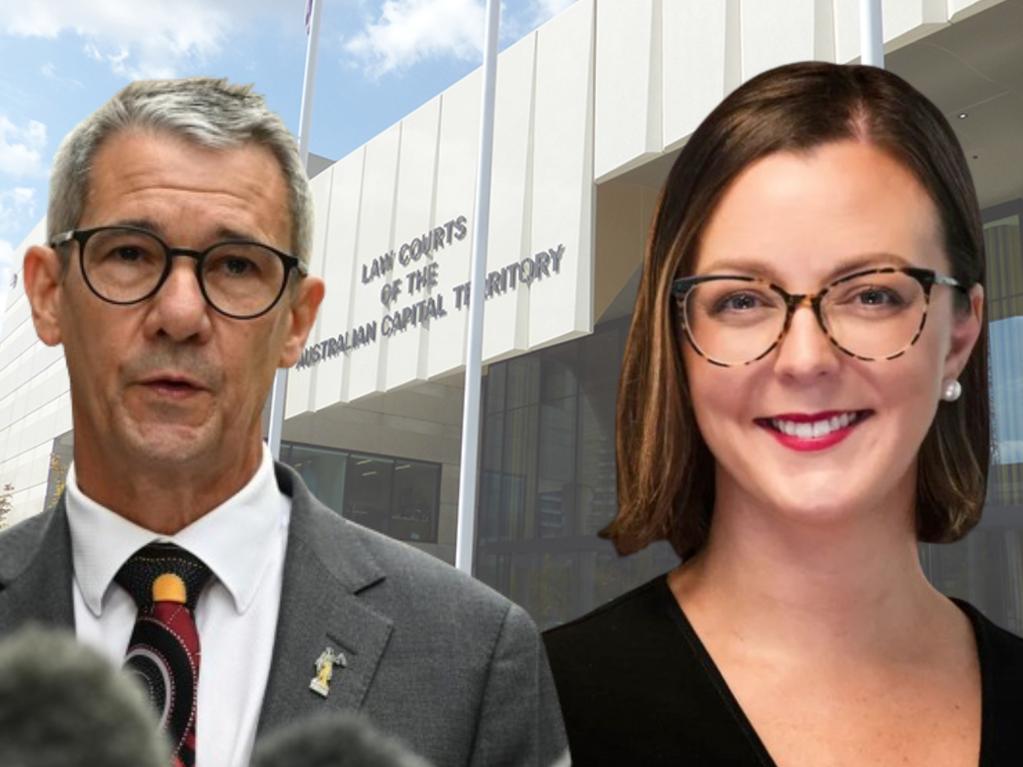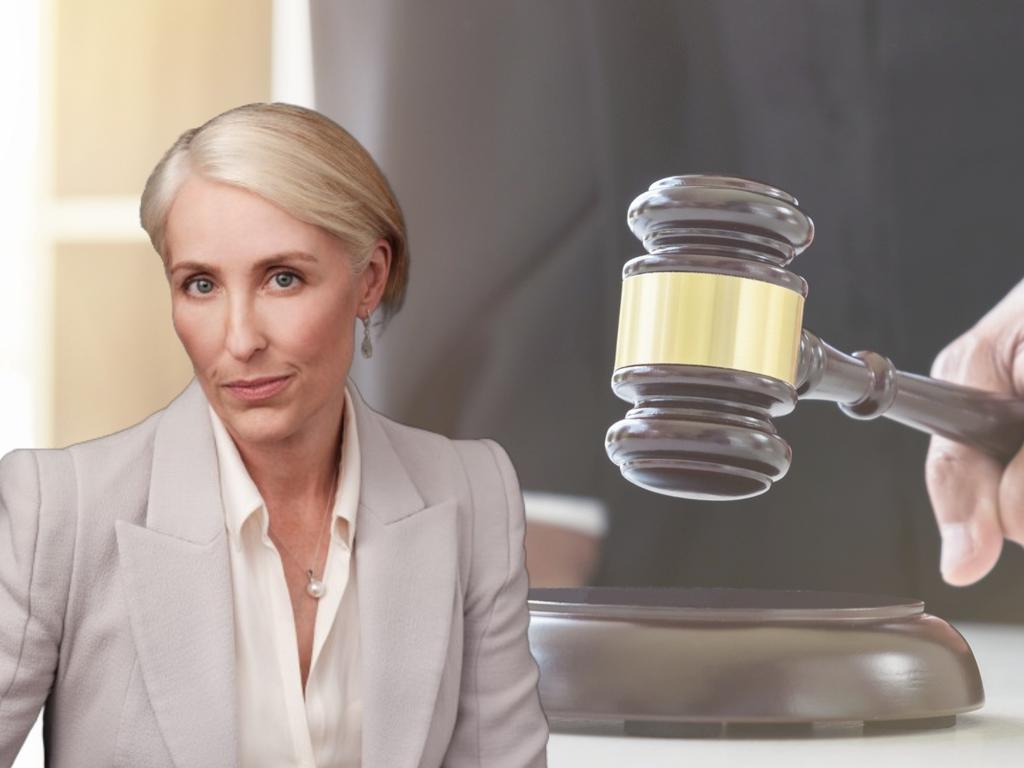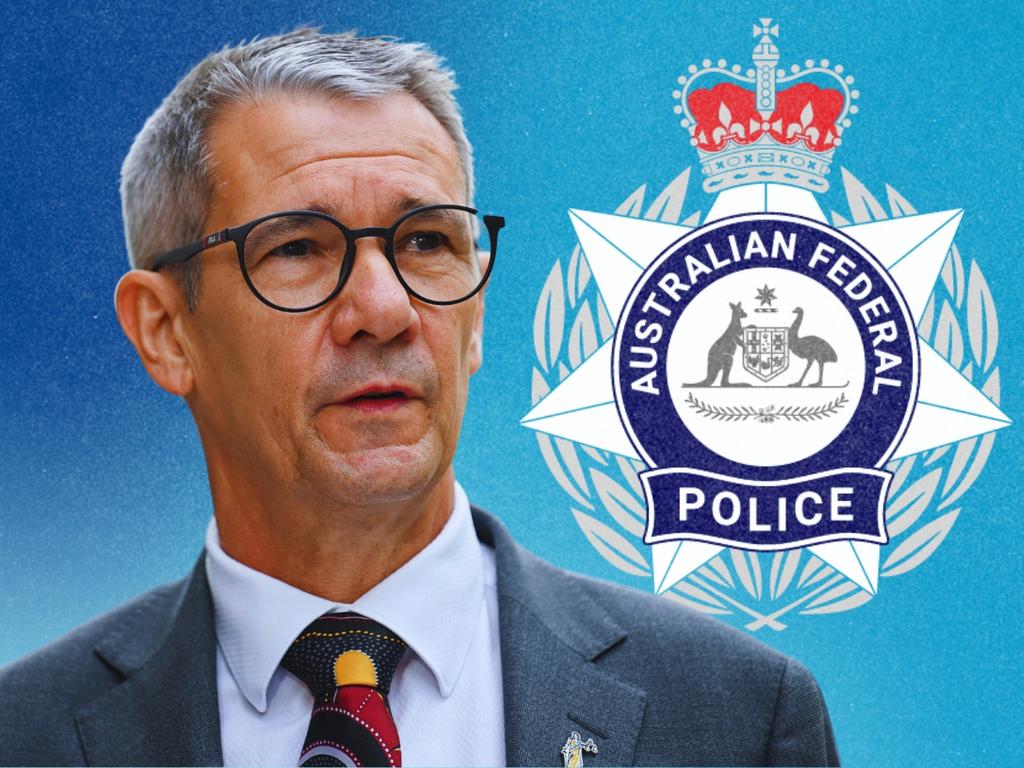ACT Attorney-General Shane Rattenbury told acting DPP Anthony Williamson of sexual assault conviction concerns
The ACT A-G told Anthony Williamson he was ‘concerned’ he had terminated some sexual assault prosecutions, two months before the respected acting DPP was rejected for the job.
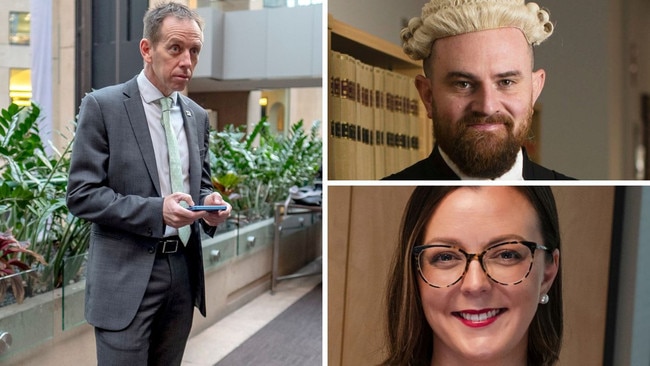
Two months before he was rejected for the position of ACT Director of Public Prosecutions, Anthony Williamson SC, who had been acting in the role for more than a year, was summoned to an extraordinary meeting with the territory’s Attorney-General Shane Rattenbury.
In what lawyers have described as a highly unusual and disturbing intervention, Mr Rattenbury, the ACT Greens leader, told Mr Williamson he was concerned that the highly respected Acting DPP had terminated a number of recent sexual-assault prosecutions in Canberra.
An angry Mr Williamson later told colleagues it was highly inappropriate that he should be “hauled over to (Mr Rattenbury’s) office like an errant little schoolboy to explain myself as an independent statutory office holder”.
While Mr Williamson has declined to discuss the incident, The Australian has spoken to witnesses in the Office of the DPP who heard him recount the meeting. A person close to the acting director described Mr Williamson as “troubled”, “unhappy” and “pissed off” by the intervention.
The long-standing practice in Australian jurisdictions is that the DPP does not account to the government of the day, but to parliament. “It was a very strange meeting – and clearly Anthony was troubled by it,” said a person close to the DPP’s office.
This person said the chief prosecutor must always remain an independent statutory appointment. “Only he should be involved in deciding whether cases go to court or not,” the source said.
The discontinued sexual-assault prosecutions raised by Mr Rattenbury had all been judged by Mr Williamson as baseless cases that would inevitably have resulted in the acquittal of the accused and would have been an abuse of process to continue. Each case went through a rigorous process before being discontinued.
Mr Williamson’s termination of the cases came against the background of an ACT Labor-Greens government that “at every opportunity makes it clear to all and sundry that it wants an increase in conviction rates for sex matters”, said one ODPP colleague.
Mr Rattenbury was regarded within the ODPP as “very pro-prosecution when it comes to sexual assault but wants to keep everyone else out of prison”.
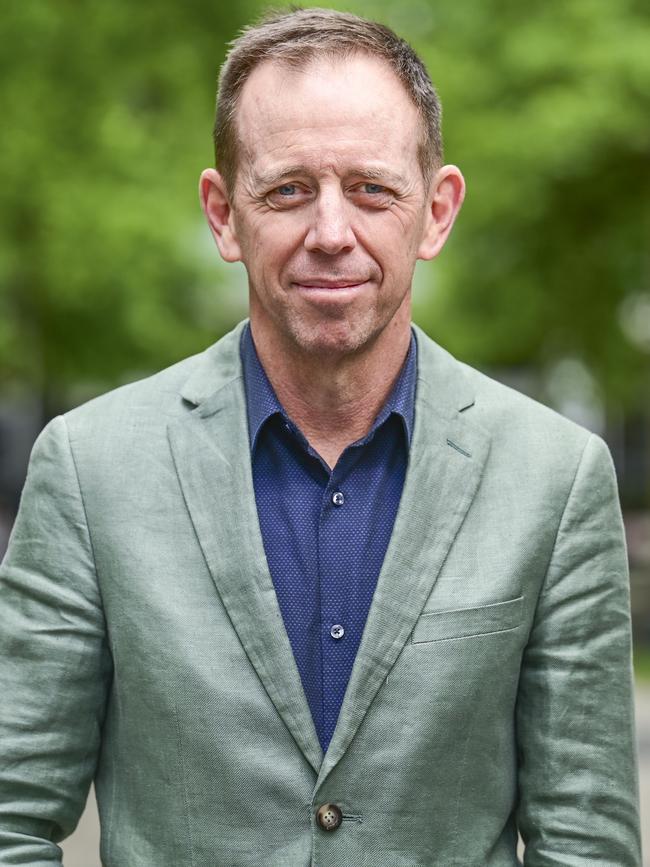
Last week the ACT government appointed NT silk Victoria Engel SC to fill the permanent role of DPP left vacant by Shane Drumgold last year when he stepped down following serious misconduct findings against him.
The role had been widely expected to go to Mr Williamson, the former Deputy DPP who had stepped in as acting director when Mr Drumgold departed.
Mr Williamson was said to have been surprised when Mr Rattenbury sought the January 30 meeting, which was outside the monthly meetings held between the Attorney-General and the DPP to discuss legal and budgetary matters. Others present at the meeting in the Attorney-General’s office included Mr Rattenbury’s chief of staff, Matt Jorgensen, and adviser Kate Bills.
According to those who later heard about the meeting, Mr Rattenbury said he “didn’t want to be seen to interfere” in the DPP’s statutory independence, but was “concerned” about a number of sexual assault matters he had dropped recently.
Mr Rattenbury said he understood the DPP had dropped matters “where there was a strong prosecution case” and that these included cases where the accused had made admissions and there was medical evidence.
Mr Williamson said that was incorrect, according to the witnesses, and that the mere fact of admissions or medical evidence was not necessarily sufficient to bring a prosecution. Lawyers point out that medical evidence is often irrelevant where an accused has agreed there was sex but said it was consensual. Likewise an “admission” by an accused, as defined by the Evidence Act, may simply be agreement that sex took place albeit with a denial that it was rape.
The Australian understands that Mr Williamson told the Attorney-General the cases were weak and explained there was a rigorous process to discontinue a case, involving many reports and multiple sign-offs by the trial prosecutor and the deputy director before it came to him for final determination, the witnesses say.
It is understood that in one of the discontinued cases, prosecutors became aware of video footage that proved the complainant’s version of events was untrue, and that in at least two of the cases the police investigators themselves were supportive of the matter being discontinued.
Mr Williamson is also said to have made it clear to Mr Rattenbury that the ODPP did get false complaints of sexual assault from time to time and that a small percentage of complainants lied, were drunk or mentally ill, or held an honest belief but were simply wrong for various reasons.
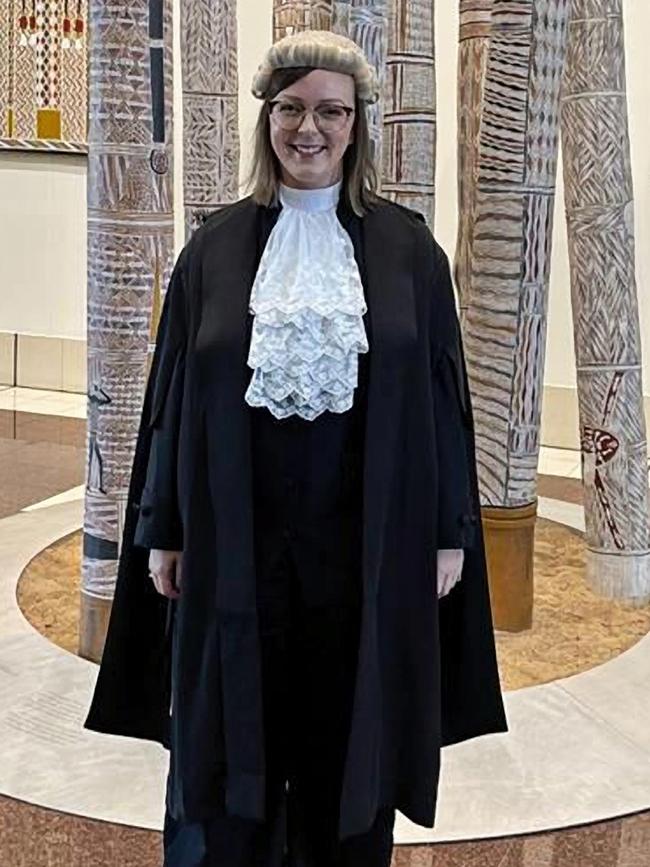
A source within the ODPP said Mr Williamson was already concerned about the crisis unfolding in the NSW justice system, where chief prosecutor Sally Dowling SC has been criticised by five judges for running “meritless” sexual-assault trials, with prosecutors preferring to take a “believe the victim” stance and push a matter before a jury, rather than dropping impossible cases.
Mr Rattenbury did not ask Mr Williamson to reverse his decision in the cases raised but one of the witnesses who heard Mr Williamson’s account suggested that may have reasonably been seen by Mr Williamson as “the implication” of what Mr Rattenbury expected to come from the meeting.
The Australian has been told that Mr Williamson would have been “personally disappointed” by the meeting, because he had prosecuted so many sexual-assault cases. “He cares about advocating in sexual assault proceedings. He absolutely does.”
On Sunday, Mr Rattenbury confirmed the meeting took place but declined to answer questions about what topics he raised with Mr Williamson and why he summoned the acting DPP.
The Attorney-General and ACT Greens leader did say in a statement that Ms Engel’s selection over Mr Williamson was a result of an independent panel at arm’s length from himself.
“There were 10 applications for the role of Director of Public Prosecutions. Of the 10 applications, four were short-listed for interview. The panel recommended Ms Engels (sic) as a suitable and preferred candidate for the role of ACT Director of Public Prosecutions,” he said. “The final decision to appoint Ms Engels (sic) to the role of Director of Public Prosecutions was made by cabinet.”
Mr Williamson declined to comment on the meeting, but said he warmly congratulated Ms Engel on her appointment.
“It goes without saying that the last 12 months have been extremely difficult for the Office of the ACT DPP,” Mr Willamson said. “The ODPP’s staff have endured the psychological pressure of intense media scrutiny on this office, and at times unfair criticism. ODPP staff have tolerated, with dignity and professionalism, the cheap and snide remarks which have sometimes been made by a minority of our colleagues.
“ODPP staff have persevered through significant increases in workload without commensurate staffing increases from government.”
Mr Williamson’s appointment as acting director last year was widely welcomed after the disruption of the Higgins-Lehrmann saga, the catastrophic breakdown in prosecutors’ relationship with police, and the damning findings against Mr Drumgold.
Mr Williamson came with a reputation as a tough but fair prosecutor. He had prosecuted Sarah Jane Parkinson, who had falsely accused her former fiance, prison guard Daniel Jones, of rape and domestic abuse.
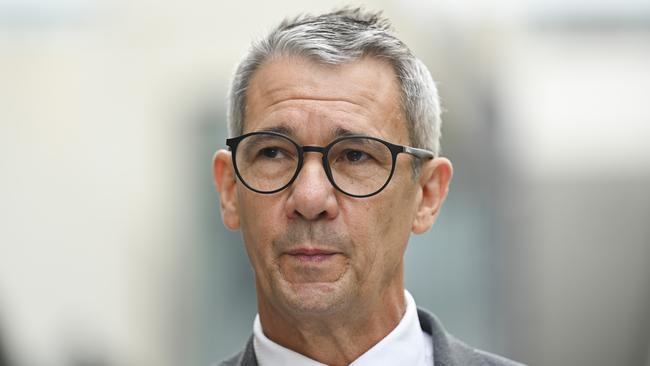
Against the backdrop of the nascent #MeToo movement, Mr Williamson pursued the charges against Parkinson to the dismay of some – even within the ODPP – who argued it would have a chilling effect on genuine victims of rape coming forward.
But as one source told The Australian, a man had wrongly gone to jail on the basis of Parkinson’s lie.
The former Deputy DPP also brought to the table a good working relationship with ACT Police.
Immediately after his appointment as Acting DPP, Mr Williamson met ACT Chief Police Officer Neil Gaughan to clear the air and rebuild trust between the two agencies. One of his first moves was to embed a prosecutor with the police force’s Sexual Assault and Child Abuse Team to give early advice on the threshold for prosecutions.
It is understood the native Canberran and long-time volunteer bushfire fighter was odds-on favourite to get the permanent role. He was interviewed for the position by a three-person panel that did not include Mr Rattenbury.
The January 30 meeting has sparked speculation that someone within the Office of the DPP advised Mr Rattenbury of the terminated sexual assault cases in a bid to “white-ant” Mr Williamson.
Mr Rattenbury’s request for the meeting with Mr Williamson came within a week of the discontinuance of the last case.
At least one person in the Office of the DPP is reportedly very close to one of the Attorney-General’s staffers.

